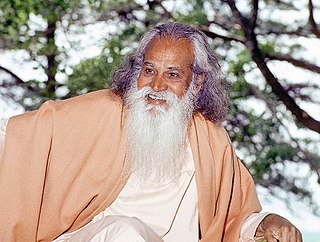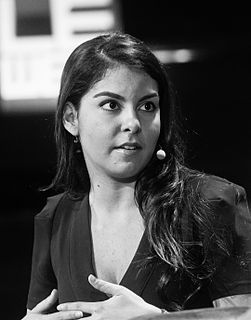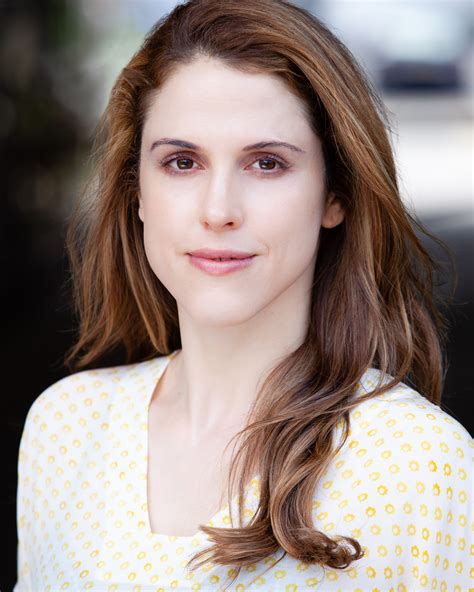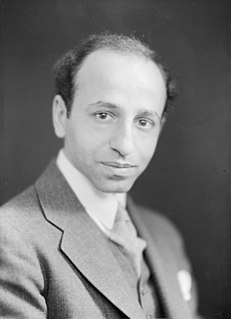A Quote by Arnold Newman
Influences come from everywhere but when you are actually shooting you work primarily by instinct. But what is instinct? It is a lifetime accumulation of influence: experience, knowledge, seeing and hearing. There is little time for reflection in taking a photograph. All your experiences come to a peak and you work on two levels: conscious and unconscious.
Related Quotes
Don't you dare underestimate the power of your own instinct. Instinct is a lifesaver for sharks and entrepreneurs alike. Most people can recall times they ignored their gut only to regret it later. Learning to actually listen to your instinct is a great form of self-preservation. It's both incredibly easy and tough at the same time, but worth the effort to master.
Yoga says instinct is a trace of an old experience that has been repeated many times and the impressions have sunk down to the bottom of the mental lake. Although they go down, they aren’t completely erased. Don’t think you ever forget anything. All experiences are stored in the chittam; and, when the proper atmosphere is created, they come to the surface again. When we do something several times it forms a habit. Continue with that habit for a long time, and it becomes your character. Continue with that character and eventually, perhaps in another life, it comes up as instinct.
Very little of the great cruelty shown by men can really be attributed to cruel instinct. Most of it comes from thoughtlessness or inherited habit. The roots of cruelty, therefore, are not so much strong as widespread. But the time must come when inhumanity protected by custom and thoughtlessness will succumb before humanity championed by thought. Let us work that this time may come.
Big ideas come from the unconscious. This is true in art, in science, and in advertising. But your unconscious has to be well informed, or your idea will be irrelevant. Stuff your conscious mind with information, then unhook your rational thought process. You can help this process by going for a long walk, or taking a hot bath, or drinking half a pint of claret. Suddenly, if the telephone line from your unconscious is open, a big idea wells up within you.
If it's a likeness, alone, it's not a success. If, through my portraits, you can come to know the subjects more meaningfully, if it synthesizes your feelings toward someone whose work has imprinted itself on your mind--if you see a photograph and say, 'Yes, this is the person,' with a little new insight--that is a beautiful experience.
I would say that among my many huge emotional miscalculations was my taking a film career for granted. It is the most awesome privilege to be able to use one's imagination and wit, physicality and musicality, conscious brain and unconscious instinct in the service of a work that has a chance to move and excite and amuse and delight people all over the world, including long after we're dead. What a noble calling! And I felt it was just there for me as a kind of given, some sort of inherited birthright-when in reality it's the most magnificent luxury.




































